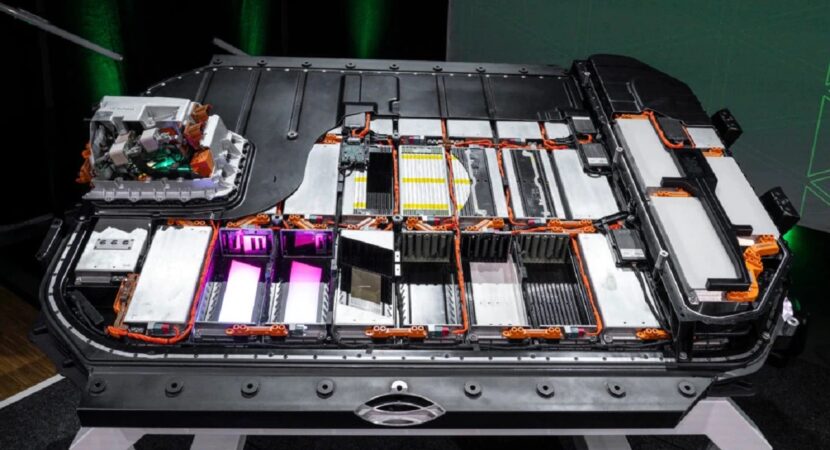
Researchers develop salt-based battery for electric car. Alternative promises to replace lithium ion batteries.
A lithium ion battery it is the most common in electric cars today, but there are significant hurdles that stand in the way of wider acceptance of this type of vehicle. Mining the precious metals needed to manufacture batteries generates a lot of pollution and exploitation of people. In addition, these batteries can explode, as has happened in several cases. Another disadvantage is that they are not as durable, which requires additional capacity. To overcome these problems, some companies are researching new battery technologies.
A promising alternative is the sa-based batteryl, which uses materials that are more accessible and less harmful to the environment. These batteries are also more durable and safer than lithium-ion batteries. Although still in the development phase, the salt-based battery has the potential to replace Lithium-ion battery in electric cars in the future. This could make the eletric cars more accessible and sustainable, reducing dependence on precious metals and minimizing the environmental impacts of mining these metals.
New salt battery could change the automotive market
In this way it is possible to notice that the lithium ion batteries work, however, they cannot be the only means to store energy, so a new promising alternative arises and that continues to advance based on two common ingredients in the kitchen of any person: water and salt.
Already present on the market, however far from production for use in electric cars, salt and water batteries have high performance as their main effect, which can be a great alternative for electromobility.
With these ingredients, the problem of short life, that is, loss of capacity over time and the aggravation of being flammable, will be completely eliminated. For water and salt are not sensitive to changes in temperature and therefore do not catch fire. According to studies, the use of water-based electrolytes need to receive a certain percentage of dissolved sodium for the batteries to act correctly. Based on this, Swedish scientists started to use high concentrations of salt. With this they discovered that an aqueous electrolyte with a lot of sodium has the capacity to double the electrochemical stability.
Researchers create battery with 250 cycles
It is important to note that too much salt can lead to electrolyte crystallization and impair the performance of the electric car battery. Therefore, the scientists had the idea of looking for a solvent that could prevent this crystallization. The lithium-ion battery was therefore created with a non-flammable liquid electrolyte with excellent stability.
In practice, the novelty maintains acceptable performance for more than 500 charging and discharging, with the addition of salt and other solvents, the researchers managed to change the activity of water molecules during the passage of lithium ions.
Finally, it was possible to develop a salt battery with 250 charge and discharge cycles. However, the quest for performance cannot stop there.
Company develops electric car powered by seawater
In May of last year the NanoFlowCell reached a new milestone with its technology aimed at the automotive market, completing 350 km with the Quantino 48 Volt car, powered by salt water without any kind of defect.
In this way, the expectation now is that the technology, which essentially consists of using a type of salt water to accumulate energy, will begin to be noticed by the automotive industry as a more viable, efficient and cheaper means than others, such as ion batteries. lithium or hydrogen fuel cells, which also do not generate any type of polluting gas emissions.
O electric car powered by salt water acts as a technological demonstration of how this alternative can be adapted to a vehicle with a focus on the urban and low-cost sectors, chosen to carry out several tests. In recent years, the prototype of the water-powered car developed in Switzerland has already covered 250 km on the open road, where around 100 of these were made for laboratory tests.












Air Force F-16 fighters…
Everything is fine, 100-year secrecy,…
Army summons Brazilians with up to…
Come be a watermelon, you too
Air Force F-16 fighters…
Well... It's flying scrap... Typical...
Air Force F-16 fighters…
Which genocide are you talking about? Than…
They discover the third largest deposit…
That’s why all foreigners and NGOs…
I am a carpenter, assembler of all types…
I'm a carpenter I want
I wanted to understand better!
I am available
GOOD LET’S GO SO THIS NEW TRAIN…
I am interested in working in construction
Xoooooou! Send more photos of this place…
You must be happy because the watermelon…